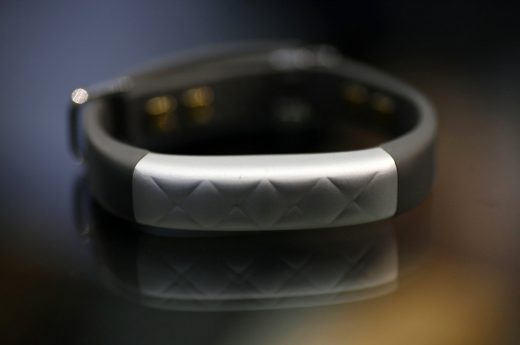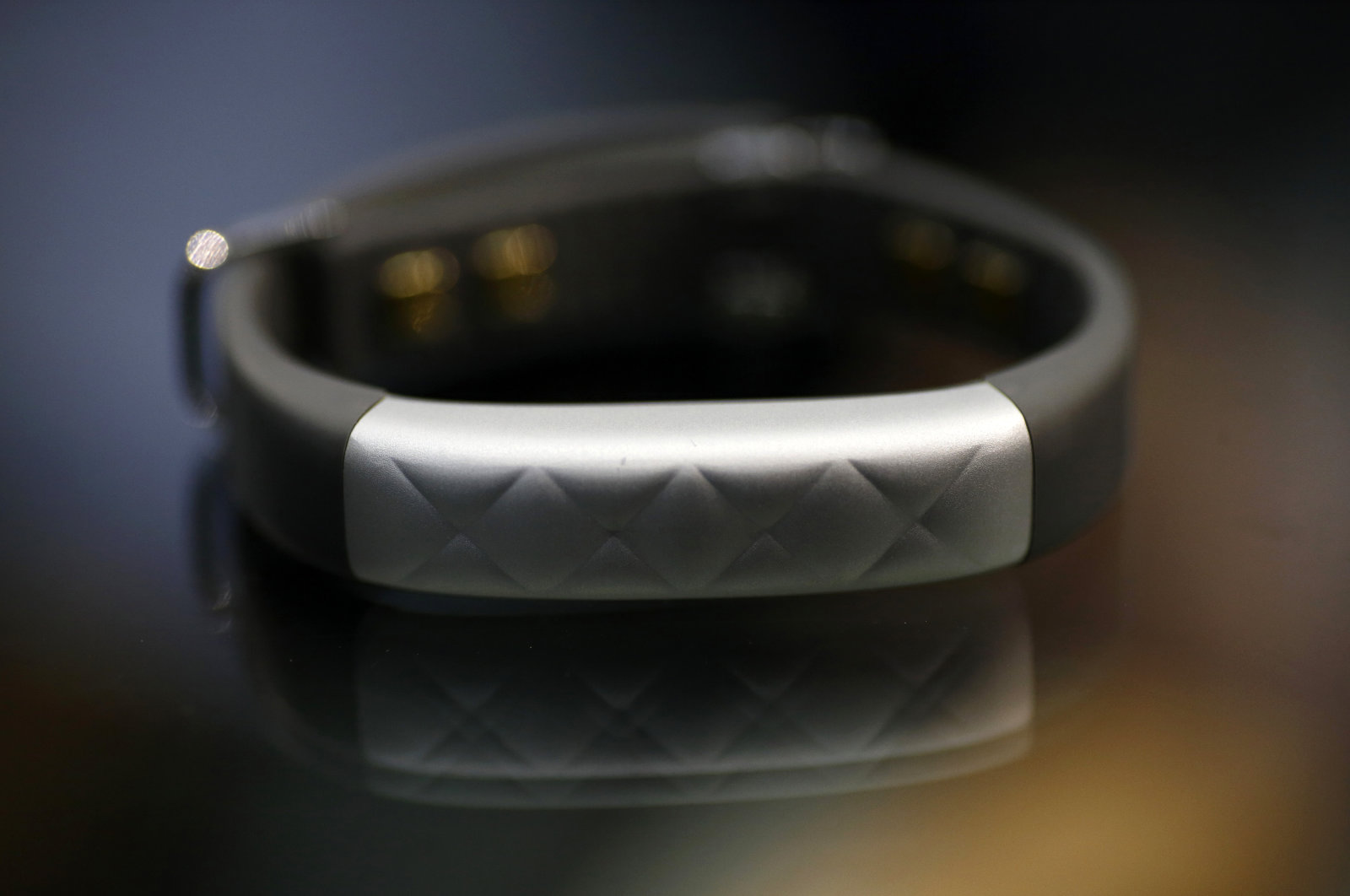Fitbit drops its attempt to ban Jawbone device sales
For once, the he-said-she-said legal fight between Fitbit and Jawbone appears to be simmering down. Jawbone tells us in a statement (below) that Fitbit has dropped its US International Trade Commission patent case, which sought to ban sales of Jawbone devices in the country. If you ask Jawbone, this ends “baseless” allegations that were meant solely as a “burden.” This doesn’t mean that the company will respond in kind (its accusations of trade secret theft will see trial in 2017), but it’s one less battle to worry about. But why did Fitbit change its mind?
We’ve asked Fitbit for comment and will let you know if it can offer its own statement. However, its ITC filing suggests that Jawbone isn’t exactly scoring a resounding victory. Fitbit says it’s dropping the case because, for all intents and purposes, Jawbone is no longer a significant threat. Jawbone’s shares are “worth nothing,” Fitbit claims, and the company has supposedly either filed for bankruptcy or is defaulting on its debts.
Jawbone maintains that it has no plans to declare bankruptcy. However, there’s no doubt that it’s hurting between its smaller market share and reports (however flawed) that it’s having trouble making payments. Simply speaking, Fitbit isn’t concerned that Jawbone is about to stage a comeback — its market lead isn’t about to disappear any time soon.
“Fitbit has moved to drop its patent case against Jawbone, which had been set for trial in the International Trade Commission in March. By dismissing this action, Fitbit is no longer seeking to block importation of Jawbone devices, including Jawbone products in development. Jawbone believes this case — involving patents already found once to be invalid — should have been dismissed long ago by Fitbit. Fitbit’s pursuit of these baseless claims for so long was to burden Jawbone– an issue to be raised in Jawbone’s antitrust claim against Fitbit. Jawbone’s trade secret case in California state court against Fitbit will move forward to a jury trial in 2017.”
(21)





